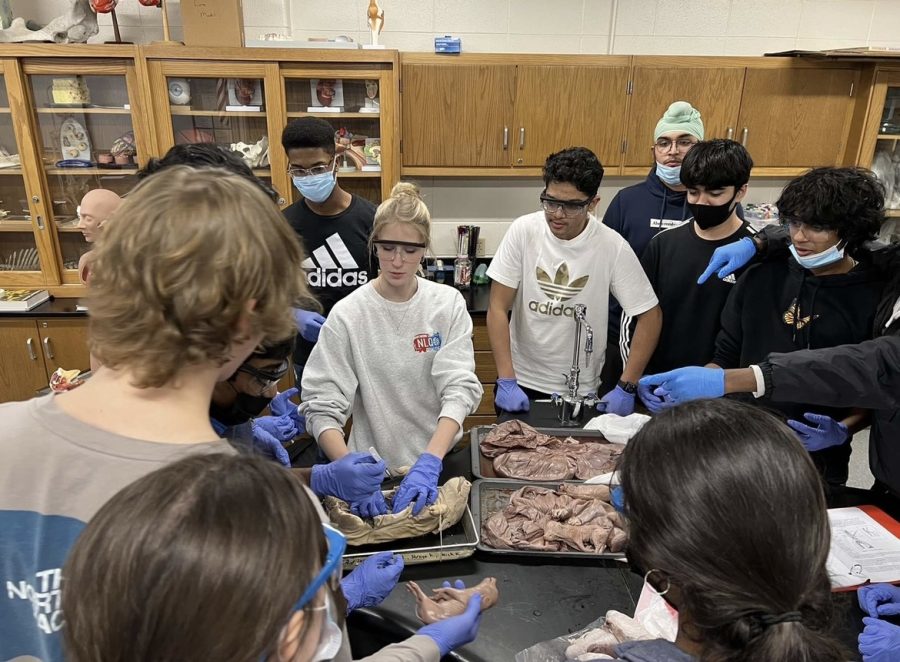Making up the largest sector of the health workforce, there are over 4.2 million registered nurses in the United States who are crucial to improving the nation’s health outcomes and closing gaps in access to care.
However, the state of the nursing workforce lies in jeopardy as more and more nurses are leaving the profession. The nation has been facing nursing shortages even long before the pandemic. The Journal of Nursing Regulation found that 40% of nurses are above the age of 50, creating a workforce that will soon see more retirements than active workers.
According to U.S. Census Bureau’s 2017 National Population Projections, the year 2030 will see a landmark moment in time as, for the first time in history, the older generation will outnumber the younger generation as a mass number of baby boomers enter the elderly population.
As the old-age dependency ratio rises, the strain on nurses will soar exponentially, and the workforce isn’t prepared to handle it. As the pandemic intensified, nurses faced the brunt of the effects as the nurse to patient ratio skyrocketed to 1 to 4. Furthermore, in a workforce that is dominated by women, shortages continue to disproportionately affect the 84% female nurses that make up the registered nurse population.
Shortages in the profession have been exacerbated by the pandemic and aging populations, but are also indicative of an underlying problem at play: condescending attitudes towards certain professions that cause people to leave altogether.
Despite being in positions that require more interpersonal relationships with patients, nurses are generally viewed as inferior to doctors because of the impression that they require “lower levels of education.” Just five decades ago, nurses were as “handmaidens of physicians,” and the profession fell under the umbrella of a woman’s natural responsibility to be a caretaker rather than a legitimate career.
Senior Olivia Rogers will be attending the University of Iowa to study nursing. “Professions like nursing and teaching are female dominated, which is why I think the industry doesn’t get enough recognition, despite these roles being very vital to society. These professions are often overlooked because they garner equal respect in society,” Rogers said.
Although nurses today command more respect and engage in collaborative relationships with their superiors, there still doesn’t seem to be an end in sight in the battle for equal recognition.
Professions like nursing and teaching are all too often underappreciated, though far from unimportant. When surveyed about what profession is most valuable to society, these professions consistently rank high.
The lack of respect towards jobs viewed as menial is a pattern that is conspicuous within every industry. In food service, people working minimum wage jobs are disrespected and viewed with contempt by people who work laptop jobs. The ones who depend on these services the most are the same top-level executives and white collar workers who frequent their local Starbucks daily before work.
Jobs that don’t require traditional college degrees or are physically demanding—such as plumbers, electricians, welders and roofers—are also frequently viewed as inferior.
It’s ironic that the same professions that are looked down upon are vital for the well-being of a society. After all, without teachers, there would be no accountants, lawyers, doctors or engineers. Without trades professions, people would not have access to many essential services. Without nurses, we would not have adequate healthcare.
As someone entering the profession, Rogers understands that nursing is vital to the functioning of a healthcare system. “Nursing is more in demand than ever before. Without nurses here in the United States, we wouldn’t have the amount of advancements in healthcare as we do now.”
It is an understatement to say that nurses are indispensable to our current healthcare system, establishing a human connection in an industry growing increasingly medically complex and short staffed. During Nurses Appreciation Week—from May 6 to May 12—and every week, we must take responsibility for how we treat some of the most integral members of our society.









